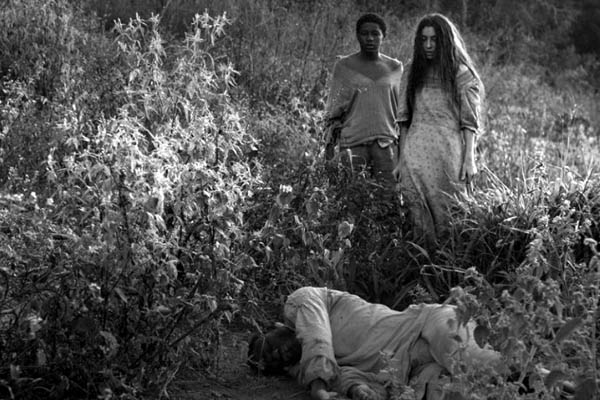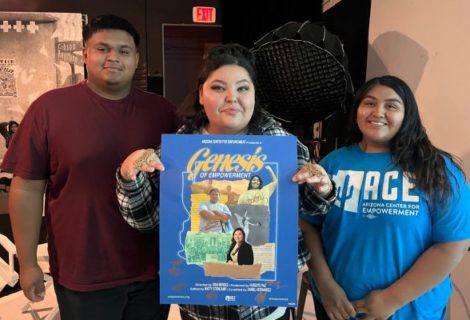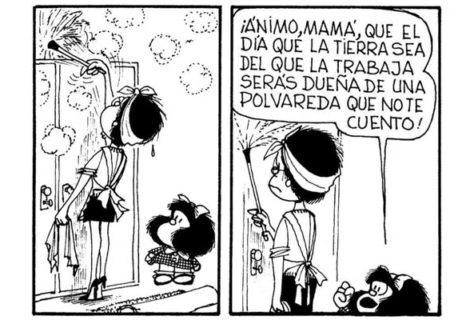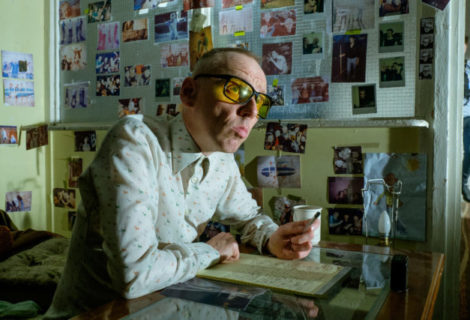Vazante is a Film About Women
Many critics consider that Vazante, by director Daniela Thomas (Foreign land, Midnight, Linha de Passe), is a film about slavery, race and gender dynamics with the backdrop of patriarchal colonialism in 1800’s Brazil. However (maybe because I am a woman and these things tend to smack me in the face like my momma’s chancla), I think the strongest theme in the film is the treatment and trade of women.
The film is beautifully photographed. Its simple shots and black and white cinematography would make it pleasant to watch if not for the gut squishing feeling you have throughout the whole movie.
It lasts an hour and 56 minutes, but it doesn’t feel that long, which is a bit strange because the film is slow. At times it feels like some of the scenes are stretched a bit much but they are kind of hypnotic, so you get lost in them.
Vazante is ideal for people who like historical films, those who watch movies for the sake of acquiring art knowledge or enjoy dissecting themes. It’s definitely not for you if you don’t like slow-paced movies, prefer color and couldn’t care less for history.
The film’s multiple plot lines provide ample subjects to focus on. On the one hand, you have Antonio, a cattle rancher and slave trader who is trying to farm the land he received in dowry (you know, the wealth given to a man when he takes a family’s daughter as a wife).
There’s Jeremias, a freed black man, who convinces Antonio that he can revitalize the land. And he does, on the backs of his fellow black men who are still slaves. He teaches them how to farm.
Right there you see the juxtaposition of a former slave and a current one: Líder.
Líder is a new slave. He doesn’t speak Portuguese, which gives you the sense that he just arrived in Brazil. He has tribal marks on his face, which were indicative of lineage. He rebels against being a slave even if it means his death. Jeremias, though physically free is mentally enslaved and tries to subdue Líder with tactics of a white master.
The treatment of women is woven in throughout the entire film. First, we see the woman who is the reason he has that land in the first place. At the beginning of the film she is fatally giving birth to Antonio’s child.
Then you have Feliciana, a black slave who also has to act as a sex servant to Antonio every time he gets a hard-on. We see the humiliation in her lack of choice and the deeper degradation as her teenage son is often the one to wake her in the middle of the night to fulfill that duty.
We see Beatriz, the niece of Antonio’s first wife. She’s a pre-teen who hasn’t even had a first period when she’s given to him in marriage. We see her get raped by a husband that could be her dad. I mean, there is no rape scene between them per se, but when a girl is crying before sex, even if it’s with her husband, that’s rape.
Finally, we see the mother of Antonio’s first wife and grandmother of the second. Apparently senile (although she could have very well gone mad), she lives in his home, bears witness to the bizarreness that goes on under their roof and can’t say a word.
So I would argue, that although there are plots related to slaves in the film, Vazante is not a film about slavery. It is a film about the shitty shit women are subjected to (note that I’m saying “are” and not “were”). It so happens that the director chose to tell her story in the context of slavery because that adds a whole other layer.
Vazante is Daniela Thomas’ solo director’s debut. Most critics have characterized her as a function of her previous directing partner, but the beauty and poignancy of her film should be enough to name her only as a function of her filmmaking.
Catch Vazante at The Filmbar this week.
Rating: R
Genre: Art House, International, Drama
Directed by: Daniela Thomas
Written by: Daniela Thomas and Beto Amaral
Studio: Music Box Films





